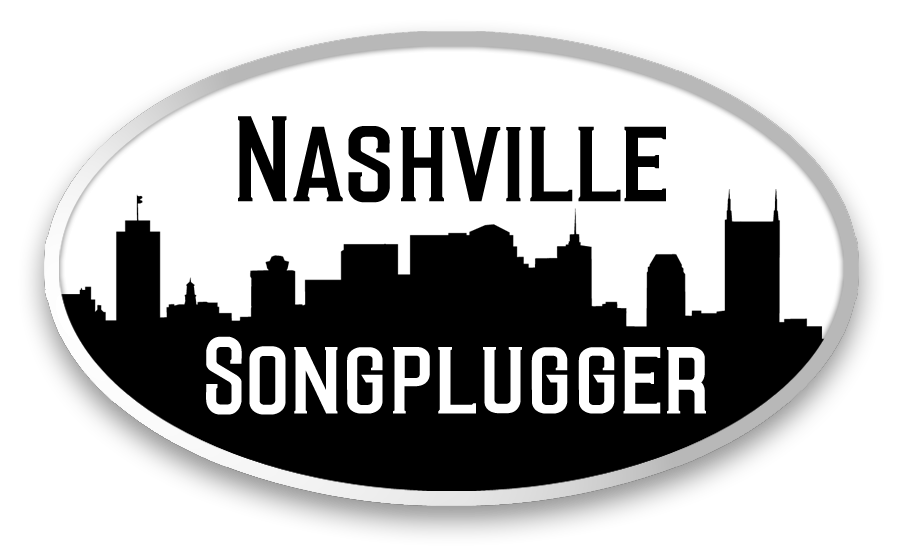Songwriting: a Hobby, a Career, or Both?

From fly fishing and painting to basketball and chess, there are those that do things purely for personal enjoyment (a hobby) and those that make money doing those same things (a career). Incredibly, both hobbyists and professionals can demonstrate great talent, enjoyment, and proficiencies in what they do.
What distinguishes a hobbyist from a professional, then, isn’t their level of passion for the activity or their skill level. Plenty of hobbyists are experts at what they do, and plenty of professionals love what they do as well. The biggest difference between the two, then, is that one gets paid to do what they love, while the other doesn’t.
At some point, every songwriter must decide what songwriting is to them and which of three paths they will take. Is songwriting only a hobby — a means of expression, entertainment, or challenge? Is it a full-time career – a means to make money (and perhaps a lot of it)? Can it be both – a means of expression/enjoyment AND a way to make income? Whichever of these choices you decide on will determine how you see your craft, how you invest your time and money into it, and ultimately what outcomes you get.
Songwriting as a Hobby Only
If you decide to keep songwriting a hobby and nothing more, you have ultimate freedom with what you do with it. Not only can you invest as much or as little time, energy, and money into it as you see fit, but you can also write whatever songs you want without worrying about how the market would accept it (or even if anyone else but you likes it!). You don’t have to worry about the stress of competing with other songwriters for limited market opportunities. When songwriting is your passionate hobby, you write because you love it, no strings attached.
One downside of limiting your songwriting to a hobby is that you may miss out the talent progression that would occur if you made it your full-time career. This is because the more time you invest in your songwriting, the better you get at it. While you may still write great songs as a hobbyist, you may not write your best songs (or nearly as many) unless you take the leap to making songwriting a profession. Perhaps worst of all, as a hobbyist you miss out on ever making a dime (or hundreds of thousands of dollars) from your songs (some of which could have been hits!).
Songwriting as a Profession
Hobbyists don’t have all the fun. Many professionals, especially those that truly excel at what they do, are passionate about their work and find personal enjoyment in it. In other words, you can transform your songwriting hobby into a career and find just as much satisfaction (and actually make money too!).
However, if you decide to make songwriting a full-time profession, be prepared for some challenges. Not only is the music industry competitive and tough to break into as a newcomer, but the commercial aspects of songwriting may lead to compromise in the types of songs that you write, which can frustrate your creative, artistic side. Lastly, professional songwriters spend lots of time, energy, and money crafting their tunes, networking, demoing their songs, and pitching their songs, all without any guarantee that their songs will ever make it to market. Lastly, transitioning from a part-time hobbyist songwriter to a full-time songwriter requires a leap of faith in leaving your current full-time job, which may be too risky for some people. It won’t be wise for those whose songwriting talents lack commercial appeal.
On the positive side, as a talented, professional songwriter you can make a lot of money writing songs. By landing a few major cuts or several smaller ones, you inherit royalties (sometimes impressive ones) that last for years and years. You become a better writer as you are able to invest your full attention to honing your craft and not juggling songwriting and another full-time job. Also, just because you are a professional writer doesn’t mean you have to compromise your style or passion to fit in with what is going on in the music industry. Many songwriters are able to write unique, meaningful music AND make money doing it.
Songwriting as a Hobby and a Profession
Is it possible to find a middle ground between being a hobbyist and a professional? You bet. In fact, for many songwriters, this is probably the best option, at least in the short term. This can be done in several ways.
- Dedicate a set amount of hours each week to songwriting. This keeps the structure of having a part-time job, but without the pressure to accomplish anything specific in that time.
- Write some songs with a hobby mentality for your own enjoyment and not for commercial purposes.
- Write some songs with the intent to get them to market and make money.
- Invest in higher quality demos for songs that you want to sell in the market, and make more affordable demos or work tapes for songs that you write just for fun.
- Partner with or hire others (a publisher, songplugger, etc) to handle the time-consuming business aspects of songwriting (networking and pitching) so you can focus entirely on writing the best songs you can write.
- If you end up getting a song cut in the market, you may decide to invest more time to songwriting and eventually transition into a full-time career as a songwriter.
Whether you keep songwriting a hobby, venture off into a full-time songwriting career, or find some sweet spot in between the two, maintain your songwriting passion and you can’t go wrong.
